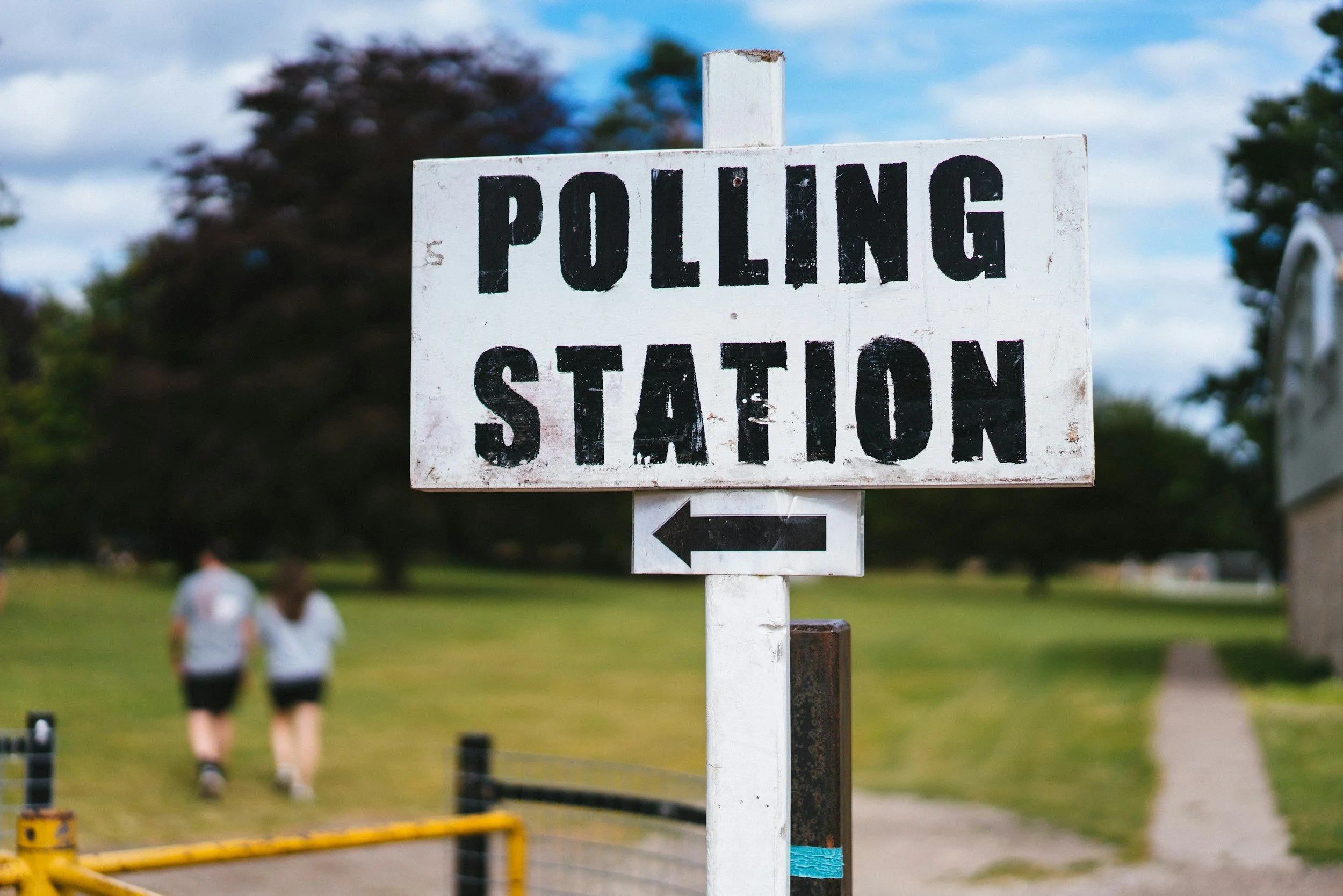
THE LATEST
Subscribe to our newsletter
The Lindy Institute for Urban Innovation
Drexel University's Lindy Institute for Urban Innovation forges innovative strategies to equitably advance cities. It takes inspiration from the university's dedication to civic engagement and experiential learning to prepare the next generation of urban leaders.



